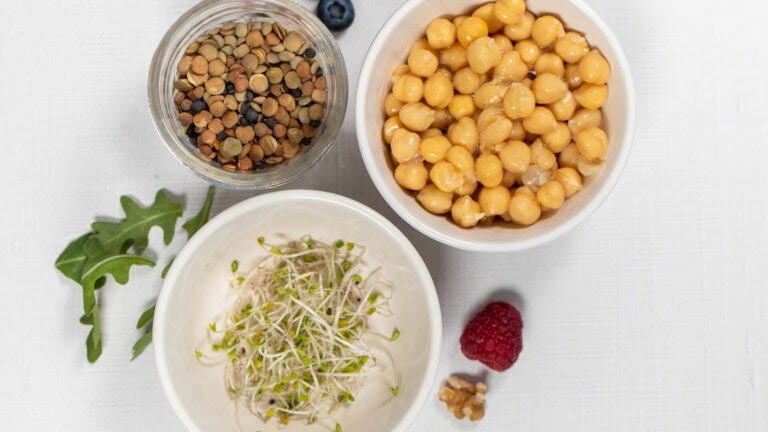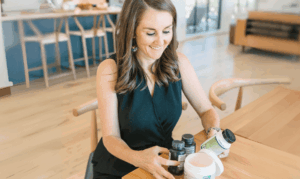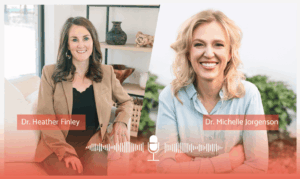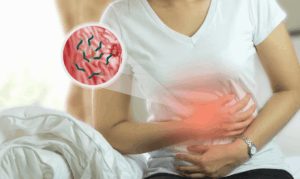Gallbladder health is often one of the most overlooked pieces of your digestive health. But before you stop reading, because you think this will be boring or not apply to you, hear me out.
Your gallbladder and especially BILE is seriously the MVP of digestion.
Bile is produced in the liver and then stored in the gallbladder.
When food is consumed, the gallbladder contracts and releases the stored bile into the duodenum to help break down fats. When the gallbladder isn’t functioning correctly (or is non existent), digestion suffers.
I was running a practitioner training call this week and before we got started I asked them what came to mind when they thought about the gallbladder. Multiple women said: “that they get removed a lot”. Did you know that a cholecystectomy is the most common elective surgery in the world and that 10-20% of Americans will develop gallstones at some point in their life?
Gallstones are formed from the excess secretion of cholesterol and a reduced secretion of bile acids and phosphatidylcholine cause the bile to contain more cholesterol than bile salts can dissolve.
This is why we cannot forget about the gallbladder when it comes to digestive health. Your gallbladder is important for bile secretion and fat digestion. Without these 2 things you could suffer from malabsorption of fats and even malnutrition down the road. And one important thing to note here is that when stomach acid or meal hygiene suffer, so does your gallbladder. Your digestive process starts with chewing and salivation.
Without chewing and salivation, your stomach acid get the signal that it should start increasing and alert the liver, gallbladder and pancreas that food is coming. So, that being said, when thinking about your gallbladder health you first also want to think about how and when you are eating and how optimized your stomach acid is (see this blog and this blog). The other interesting piece about this whole system is that bile (remember, the real MVP) contains receptors that actually bind to your gut and improve your digestive health. A lack of bile or a lack of gallbladder contraction could actually lead to dysbiosis (or an imbalance of “good” and “bad” bacteria in the gut).
How do I know if I have a gallbladder issue? (since 60% of the incidence of gallstones are asymptomatic)
Some signs of gallbladder dysfunction could be:
-Burping or bloating after high fat meals
-Greasy or hard to wipe stools
-The inability to tolerate fish oil supplements (they make you burp)
-Chronic upper back pain (especially between the shoulder blades)
Risk factors for gallbladder symptoms:
-Increasing age
-Being female (due to estrogen)
-High serum triglycerides
-Pregnancy
-Hormone replacement therapy
-Rapid weight loss, weight cycling or prolonged fat restricted diet
-Intestinal permeability- key transport systems of bile are impaired through the inflammation cascade. Microbes leaking into the blood impacts the release of bile
-Diabetes
Why should I care about my gallbladder?
-Your gallbladder impacts your fat digestion
-Without proper fat digestion you could have Vitamin A, D, E or K deficiencies
-Your gallbladder is important for microbiome diversity (remember: the #1 predictor of a healthy gut!)
-The gallbladder impacts the rest of the digestive process
-Bile helps to regulate cholesterol and blood sugar levels
-Bile is antimicrobial–it keeps the unwanted pathogens OUT
What can I do to improve my gallbladder health?
-Optimize your stomach acid
-Walk for 5-10 minutes before eating to stimulate bile flow
-Drink coffee (but watch the caffeine)
-Love your liver by consuming dandelion greens or drinking milk thistle tea
-Optimize your circadian rhythm by spending 10-15 minutes in the sun upon waking
-Eat bitter foods like dark leafy greens, beet root or arugula daily
-Take digestive bitters to optimize your gallbladder health
-Increase your fiber intake from chia, flax, psyllium
-Take Vitamin C to stimulate bile production
-Cook with ginger or turmeric
-Reduce your stress
-Get off cholesterol lowering medications if possible
-Don’t be afraid to eat fat!
-Optimize your thyroid health
-Take ox bile or other gallbladder supportive supplements if your gallbladder has been removed
Often times when clients come to us “having tried everything” there is a missing gallbladder piece. When the gallbladder is off, the rest of digestion is off because food (especially fat containing foods) are not broken down and this can lead to trouble down the road with digestion. Before addressing SIBO, dysbiosis or anything going on in the intestines, you have to optimize your digestion otherwise you will continue to spin your wheels for symptom relief. Love your gallbladder and your gut will love you back.
Remember that this blog is not a substitute for medical advice. Please consult your healthcare provider before trying anything new.








